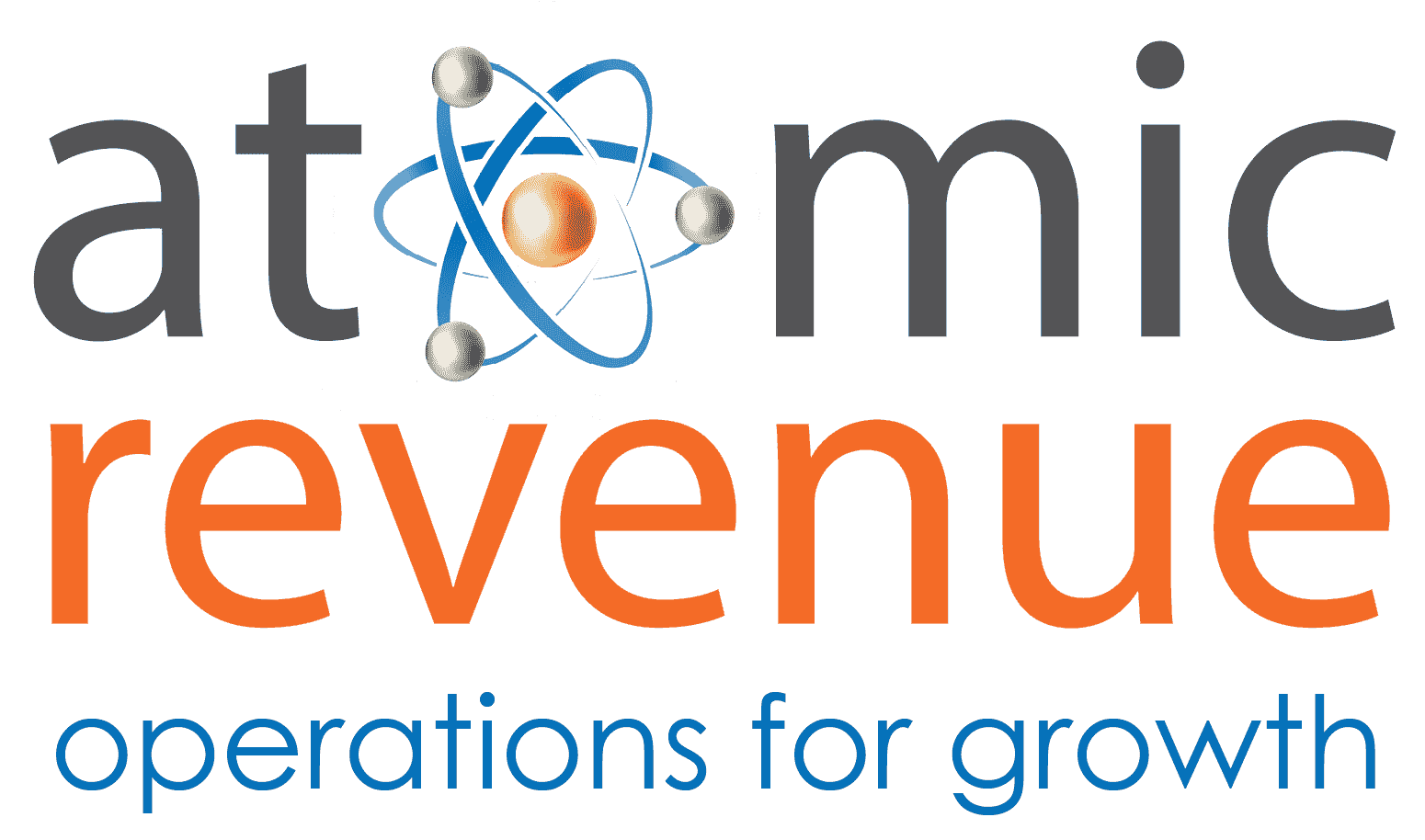Are you reassessing and realigning your company’s operational strategies for the new selling paradigm we are all facing? If so, where do you focus your efforts to optimize growth – business operations (Biz Ops) or revenue operations (Rev Ops) strategies, or both? Many leaders ask, “Aren’t business operations and revenue operations the same thing?”
When it comes to change, is your team comatose or at risk of overdose?
Change is an inevitable part of business, especially for small to midsized companies striving for growth. Yet, how you approach change can determine whether your business thrives or spirals into chaos. Companies that embrace change can risk overwhelming their staff with too much volatility. And companies where organizational shifts are rare can find their staff wary and resistant when needed transformations are introduced.
Last month, our team helped lead another edition of Midwest Manufacturing Advisers’ Tough Topics in Manufacturing webinar series, featuring speakers from Swip Systems, Mueller Prost, Evans & Dixon, and Atomic Revenue. In keeping with the theme, our panelists discussed manufacturing business strategies (both pre- and post-COVID), technology and remote working, employee safety, budgetary factors to consider in 2021, marketing and sales strategies, workplace environments, and more.
The world has changed and like it or not, our work flows are changing too. As wicked smart, self-directed, problem solvers in the B2B space, we are grateful for a healthy #worklifeblend. Our coast-to-coast Atomic Revenue team is well versed in virtual work - it’s how we break down the roads and walls that separate us from accessing top talent and achieving greater customer success. But, we can’t say we didn’t fall under the spell of overachieving with all of our newfound “social distancing downtime.” Squirrel!
Why is Command and Control Workplace Culture Bad for Business?
At Atomic Revenue we are huge proponents of self-managed teams. Not only do we value the expertise and capability of everyone we hire, but we also recognize the huge opportunity for reducing costs and improving results when management time and energy can focus on progress versus oversight.









